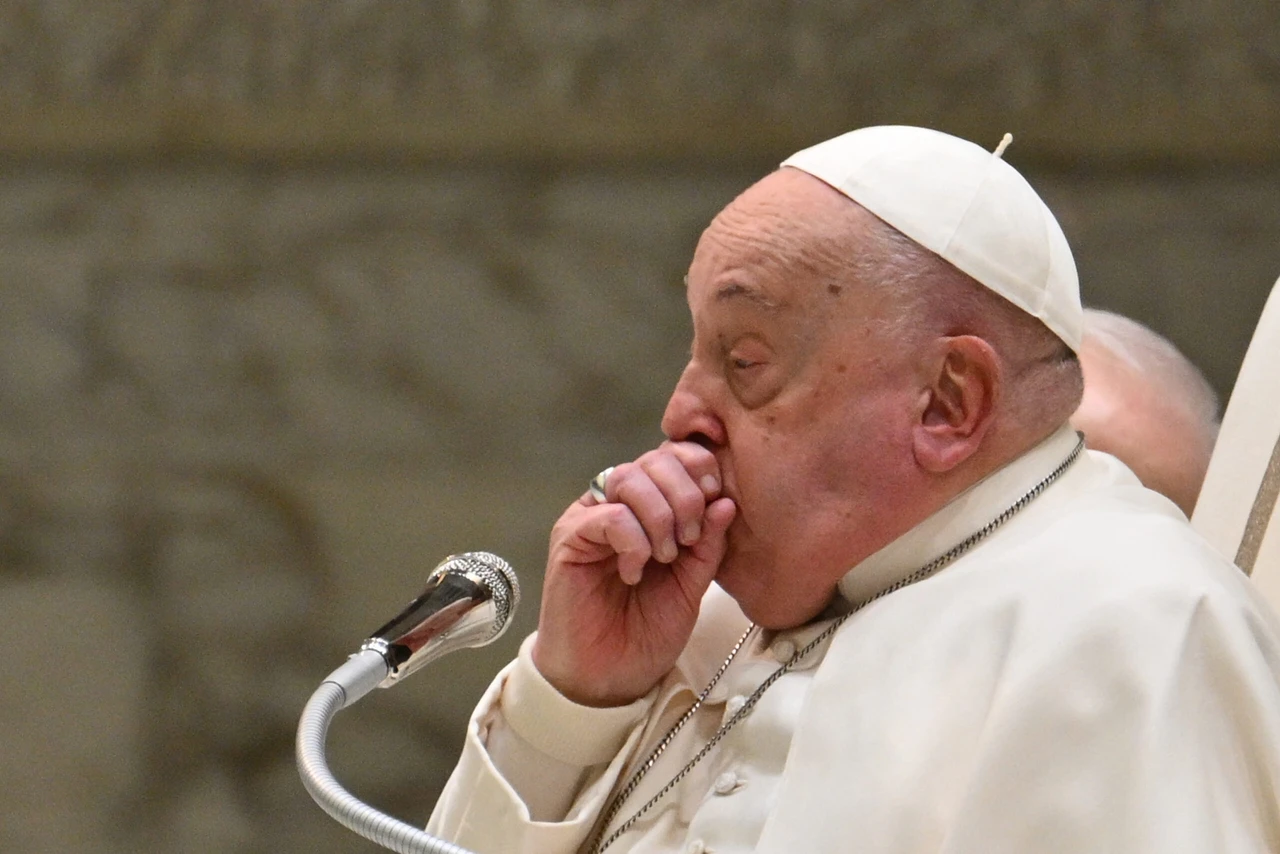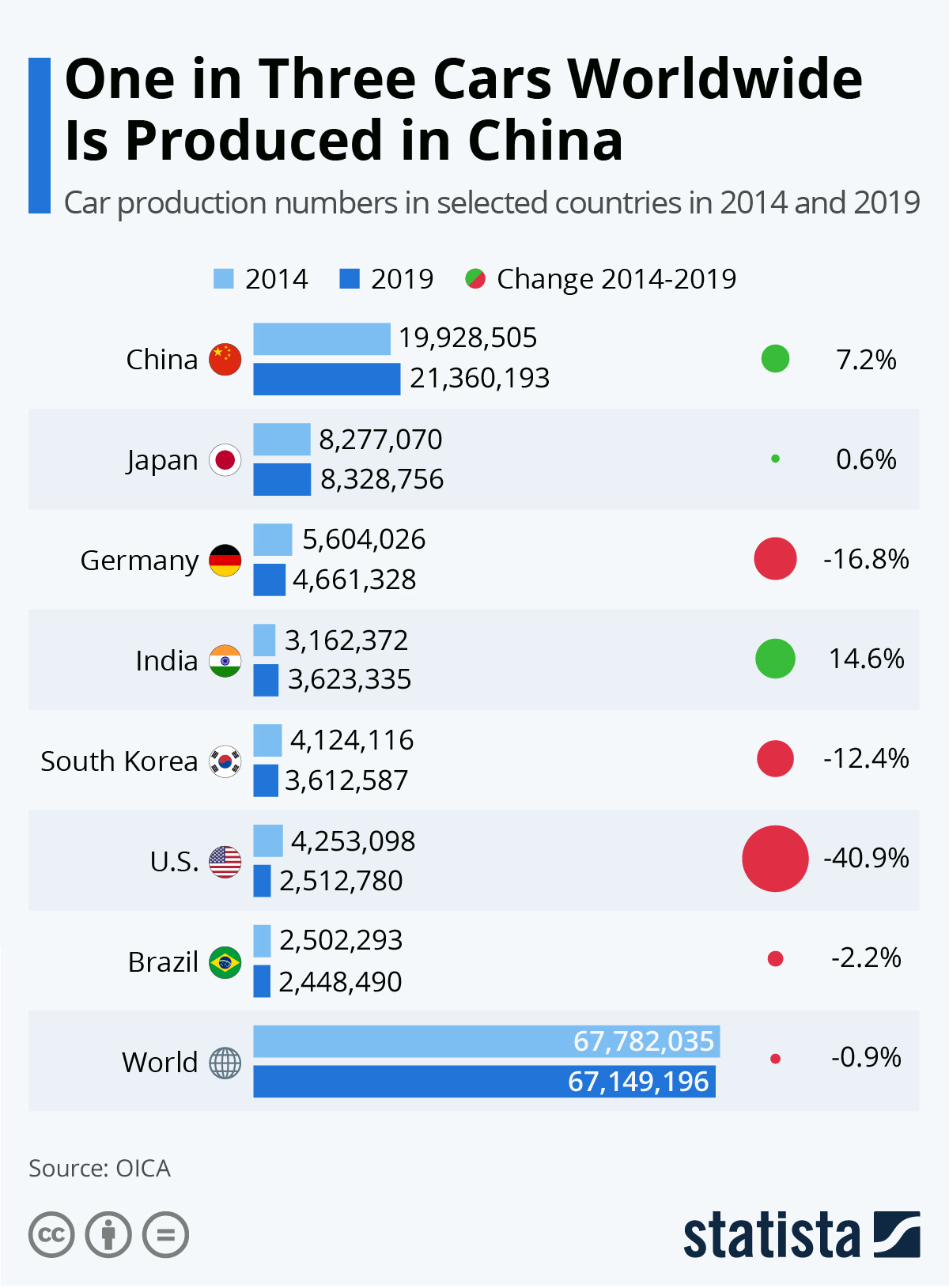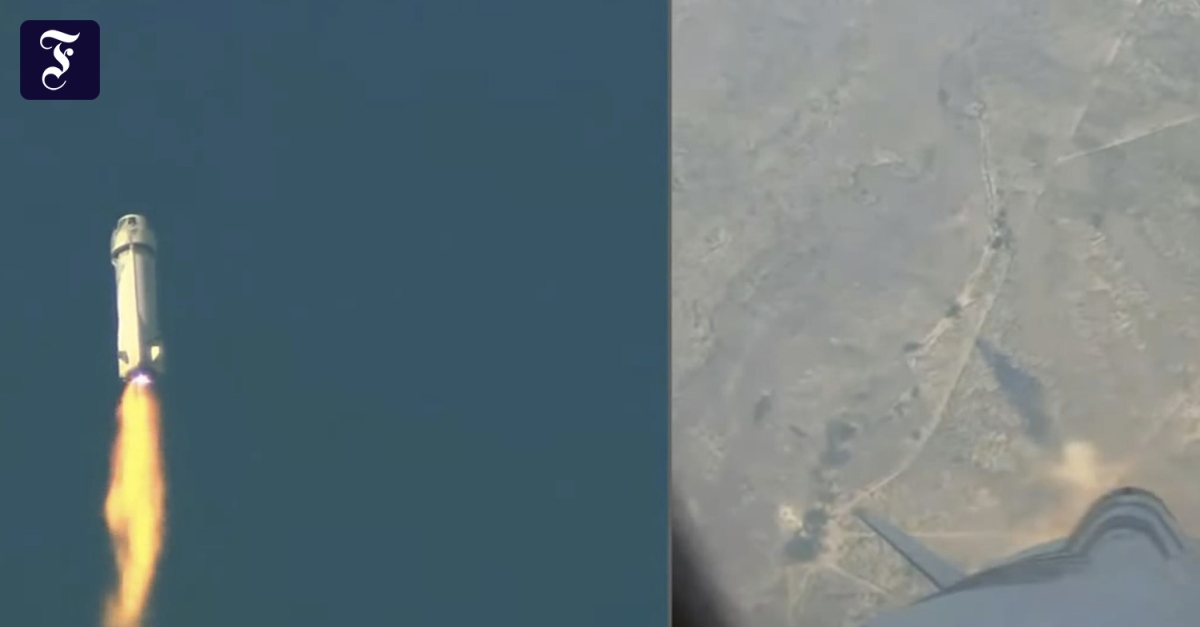Pope Francis Dies At 88: Remembering His Impact On The Catholic Church

Table of Contents
The world mourns the passing of Pope Francis, the 266th Pope of the Catholic Church, at the age of 88. His death marks the end of a transformative papacy that profoundly impacted the Catholic Church and the global community. His legacy extends far beyond the Vatican walls, leaving an indelible mark on social justice, interfaith relations, and the very structure of the Catholic Church itself. This article explores the key aspects of Pope Francis' life and examines his lasting impact on the world.
Pope Francis' Key Doctrinal Contributions and Teachings
Pope Francis' papacy was characterized by a strong emphasis on specific doctrinal themes that resonated deeply with Catholics and non-Catholics alike. His teachings were marked by a compassionate and progressive approach, challenging traditional hierarchies and fostering a more inclusive and socially conscious Church.
Emphasis on Social Justice and Poverty
A cornerstone of Pope Francis' pontificate was his unwavering commitment to social justice and the alleviation of poverty. This commitment found powerful expression in his encyclicals Laudato Si' (on care for our common home) and Fratelli Tutti (on fraternity and social friendship).
- Laudato Si': This encyclical highlighted the urgent need for environmental protection and integral ecology, arguing that environmental degradation disproportionately affects the poor and marginalized. It spurred significant global conversations on climate change and sustainable development.
- Fratelli Tutti: This encyclical emphasized the importance of universal fraternity and social friendship, calling for a rejection of indifference and a commitment to building a more just and equitable world. Key concepts like the "preferential option for the poor" were central to his message.
His actions mirrored his words. He consistently championed the rights of the poor and marginalized, visiting impoverished communities and advocating for policies aimed at reducing inequality.
Reform within the Catholic Church
Pope Francis initiated significant reforms aimed at modernizing the Church's structure and approach. While some reforms faced resistance, his commitment to synodality – a process of shared decision-making – signified a shift towards a more participatory and collaborative Church governance.
- Synodality: Pope Francis emphasized the importance of synodality, promoting dialogue and collaboration between the laity, clergy, and bishops in Church decision-making. This initiative aimed to foster a more participatory and representative Church.
- Curia Reform: He also initiated reforms within the Roman Curia, the central governing body of the Catholic Church, aiming to improve efficiency, transparency, and accountability. This involved streamlining administrative processes and combating corruption.
These reforms, while facing challenges, represent a significant attempt to modernize the Church and adapt to the evolving needs of the 21st century.
Interfaith Dialogue and Ecumenism
Pope Francis was a strong advocate for interfaith dialogue and ecumenism, fostering understanding and cooperation with other religious traditions. He believed in the importance of finding common ground and working together to address shared global challenges.
- Interfaith Meetings: He actively engaged in interfaith meetings and initiatives, meeting with leaders from various faiths to promote mutual respect and understanding.
- Emphasis on Shared Values: His approach focused on highlighting shared values and common goals, fostering collaboration on issues such as peace, justice, and environmental protection.
His efforts significantly contributed to strengthening global religious harmony and promoting tolerance among different faiths.
Pope Francis' Global Impact and Influence
Pope Francis' influence extended far beyond the confines of the Catholic Church, impacting global politics, diplomacy, and social discourse.
International Relations and Diplomacy
Pope Francis played a significant role in international affairs, using his moral authority to address pressing global issues.
- Climate Change Advocacy: He was a vocal advocate for addressing climate change, urging world leaders to take decisive action to protect the environment.
- Peacemaking Efforts: He actively engaged in peacemaking efforts in various conflict zones, calling for dialogue and reconciliation.
- Migration and Refugee Crisis: He consistently spoke out on behalf of migrants and refugees, emphasizing the need for compassion and solidarity.
His interventions in international affairs often influenced global discussions and policy decisions.
Social Media Presence and Communication
Pope Francis effectively utilized social media to connect with a global audience, directly communicating his messages and fostering a sense of community among Catholics worldwide.
- Direct Engagement: His use of Twitter and other social media platforms allowed him to bypass traditional media outlets and directly engage with a vast audience.
- Accessibility and Transparency: His communication style was characterized by accessibility and transparency, fostering a more personal connection with his followers.
His social media presence significantly impacted the Church's image, presenting a more approachable and modern face to the world.
Reactions to Pope Francis' Death and Legacy
The death of Pope Francis elicited widespread mourning and tributes from around the globe.
Global Mourning and Tributes
World leaders, religious figures, and ordinary citizens alike expressed their sorrow and paid tribute to Pope Francis' life and work. News outlets across the globe provided extensive coverage of his passing. Social media was flooded with expressions of grief and appreciation for his legacy.
Assessing his Long-Term Legacy
Pope Francis' legacy is multifaceted and complex. His papacy will be remembered for its emphasis on social justice, its attempts at internal reform, and its significant influence on global affairs. Future Popes will undoubtedly build upon some aspects of his work, while diverging from others. His emphasis on integral ecology, interfaith dialogue, and the preferential option for the poor will continue to shape the Catholic Church's approach to pressing global issues.
Conclusion
Remembering Pope Francis and his impact on the Catholic Church involves acknowledging his profound contributions to social justice, his efforts to reform the Church, and his significant global influence. His papacy marked a period of significant change and challenge, leaving behind a legacy that will be debated and analyzed for generations to come. Reflecting on the legacy of Pope Francis compels us to consider his teachings and their implications for the future of the Catholic Church and the world. Share your thoughts and memories of Pope Francis in the comments section below.

Featured Posts
-
 How Middle Management Drives Company Productivity And Employee Engagement
Apr 22, 2025
How Middle Management Drives Company Productivity And Employee Engagement
Apr 22, 2025 -
 The China Factor Analyzing The Auto Industrys Struggles In The Worlds Largest Car Market
Apr 22, 2025
The China Factor Analyzing The Auto Industrys Struggles In The Worlds Largest Car Market
Apr 22, 2025 -
 Technical Glitch Forces Blue Origin To Postpone Rocket Launch
Apr 22, 2025
Technical Glitch Forces Blue Origin To Postpone Rocket Launch
Apr 22, 2025 -
 T Mobiles 16 Million Data Breach Fine Three Years Of Security Failures
Apr 22, 2025
T Mobiles 16 Million Data Breach Fine Three Years Of Security Failures
Apr 22, 2025 -
 Analyzing The Economic Fallout Of Trumps Policies
Apr 22, 2025
Analyzing The Economic Fallout Of Trumps Policies
Apr 22, 2025
